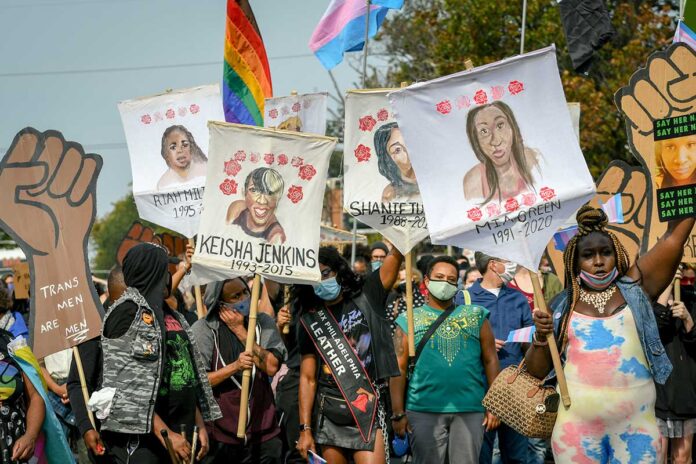Before I started writing for PGN in 2019, I knew little about the diverse LGBTQ+ communities that live in and around Philadelphia. I am a gay, cisgender woman living in the city I’ve called home for my entire life, but I didn’t truly know its queer communities until I began reporting on them. I had never met so many of the queer and trans folks I talked to for news stories, and I didn’t really know the drag and burlesque scene or the people who run local nonprofits that serve the LGBTQ community. I also did not know how much more work needs to be done in order for those organizations to onboard leaders that look like the community members that they claim to serve. The people who helm these orgs are making changes to that effect, but more change has to come.
In writing for PGN, I have heard stories, attended meetings, read memos and taken statements detailing the deep-seated racism, transphobia, silencing of voices and corruption that has occurred in Philly’s LGBTQ communities and organizations — issues endemic to cities across the country. It broke my heart to learn that members of one marginalized community have, consciously or not, ostracized, exploited and diminished members of other marginalized communities. I learned that not only does racism and colorism permeate cisgender queer populations, it also exists within trans communities.
It is not surprising to me that trans women of color are targeted the most, experience the highest instances of violence, are murdered at the highest rates and have the most civil rights taken from them on a regular basis. The cost of trans people living as their authentic selves is far too high. I learned that stigma plays a lead role in why trans women of color are being murdered, why HIV rates are the highest among Black and Latinx people in Philadelphia and why LGBTQ youth more frequently experience homelessness, depression and thoughts of suicide compared to cishet youth. Statistics have been part of my reporting because statistics help identify where the problems are. I much preferred talking to the people who comprise these segments of the community, hearing their stories, getting them onto the pages of the paper and into hearts and minds.
One wise person with whom I spoke for a news story said, and I’m paraphrasing, that if all marginalized communities came together to fight the powers of oppression, we would overturn them in a heartbeat. Together, minority communities are stronger than their largely white, cishet oppressors.
I have also reported on the beauty in local queer communities. I have seen the creativity and resilience of Philly’s LGBTQ residents, especially queer and trans people of color (QTPOC), shine through in their advocacy and mutual aid work, support groups, community conversations and art. They come together to improve their communities and ways of life. They work together to call out injustice and fight for real change. VinChelle’s weekly Facebook conversation Black Diaries; William Way’s trans support group TransWay, led by Kendall Stephens and Elizabeth Coffey Williams; the Creative Resilient Youth collective; Christian Lovehall’s Philly Trans March; Rasheed Ajamu’s Instagram brand Phreedom Jawn; Dot Levine’s musical serenade service and Haven Philly, the board game delivery service created by Marcus Hall and Chris Scott, are just some of the initiatives and businesses that have arisen from a dearth of queer and/or POC-friendly spaces, racism, transphobia or simply the need for joy and togetherness.
I often think about the reason why LGBTQ folks are continuously being attacked, specifically the “T.” Why is it that when people don’t understand something about how someone else lives, their first instinct is to resort to violence? Why not just walk away with that person’s life intact? Why pull a gun or a knife?
At last week’s press conference announcing the addition of an LGBTQ+ Advisory Committee to the Philadelphia District Attorney’s Office, GALAEI Operations Manager Mikah Thomas said, “We are here, we are queer and we need the community to understand and respect that you may not understand who we are and what we believe… we will be here to stand in solidarity with you if you can stand in solidarity with us.”
As much as Philly’s queer communities fight for acceptance and make themselves visible, there is more work to be done. Queer folks, especially queer and trans people of color, have to continue to educate and evoke empathy to get proper healthcare, affordable housing, equal pay, not to be assaulted on the street — basic rights that every human deserves. From what I’ve seen, QTPOC have been and continue to be at the forefront of those battles, but they should not be alone.
